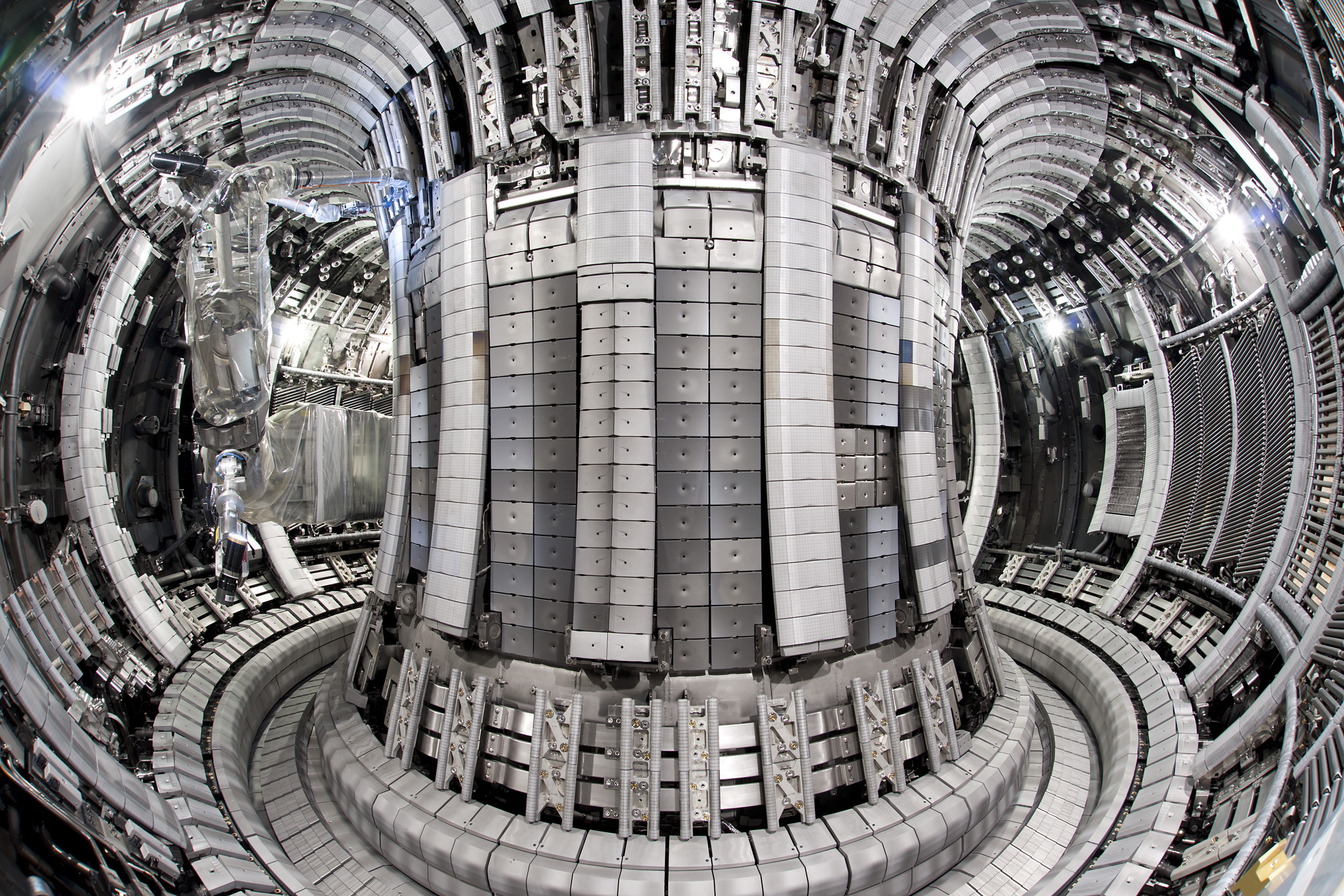The RBI will host Professor Tony Donne, Director of EUROfusion, representatives of leading institutes and science ministries of all EU member states, as well as Switzerland and Ukraine, along with representatives of the European Commission (EC).
EUROfusion, the European Consortium for the Development of Fusion Energy, manages European fusion research activities on behalf of the EC. The members of the EUROfusion consortium are 30 national fusion laboratories.
EUROfusion funds all fusion research activities in accordance with the Roadmap to the realisation of fusion energy. This Roadmap outlines the most efficient way to realize fusion electricity. It is the result of an analysis of the European Fusion Programme undertaken by all Research Units within EUROfusion’s predecessor organization, EFDA.
EUROfusion’s roadmap has identified DONES as one of the three main pillars of its unique research programme. The materials testing facility is the step that comes in parallel to ITER. ITER’s outcome as well as the materials qualified in DONES will feed into the design of DEMO.
At the Zagreb meeting the experts will set a new Fusion Roadmap for the EU. The new Roadmap takes into account the completion of the fusion reactor ITER by 2025 and the start of the DEMO fusion power plant in 2035, as well as all the scientific discoveries of EUROfusion in the last five years.
Namely, EUROfusion is in charged to carry out all the scientific research required for the successful work of ITER and the DEMO power plant on behalf of the EU. This research program is included in the Fusion Roadmap. Since the devices used in the research are worth tens of billions of euros, the most outstanding scientific preparation and planning is essential for the successful realisation of the project.
A special meeting topic will address Brexit, since the largest Fusion Reactor – JET, run by the EU, is located in southeast England at the Culham Centre for Fusion Energy (UK). EUROfusion is using JET as a test rig and training ground for ITER reactor, worth 15 billion euro, based in France. It is currently the only operational fusion experiment which is capable of producing fusion energy and is collectively used by more than 40 European laboratories.
Unfortunately, UK’s decision to exit the EU, has raised concerns about future funding of collaborative nuclear research projects. This can disrupt EU fusion research plans and cause immense damage to the UK scientific community.
Since the realisation of the EUROfuison programme and construction of ITER depends on the strong cooperation of all other member countries (USA, Russia, India, Japan, China, Korea), a two-day meeting will also address fusion cooperation between the EU and the USA, given the new US administration. Also, the experts will agree on the model for the DONES exploitation.
DONES is a half billion euro worth equipment that will conduct research on the resistance of fusion radiation to provide materials suitable for the DEMO fusion power plant.
Earlier this year, Spain and Croatia have agreed to join forces to host the project in Granada (Spain). The joint team has declared its commitment to work together in order to bring DONES to Europe.
The two partner countries believe that the construction of DONES should start by the end of 2020, and that all EU member countries and Japan are more than welcome to participate


